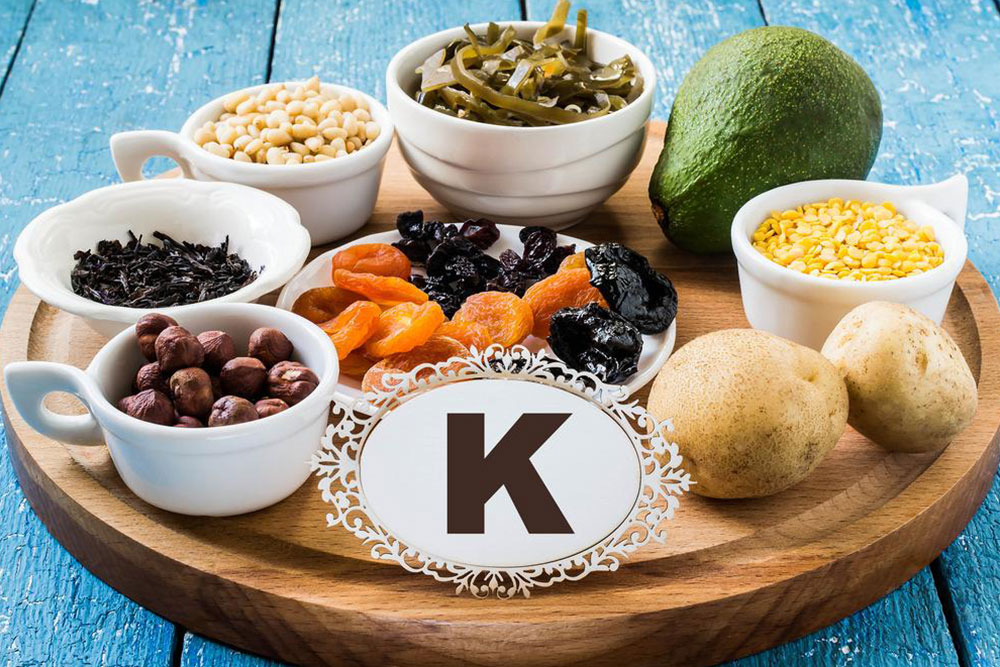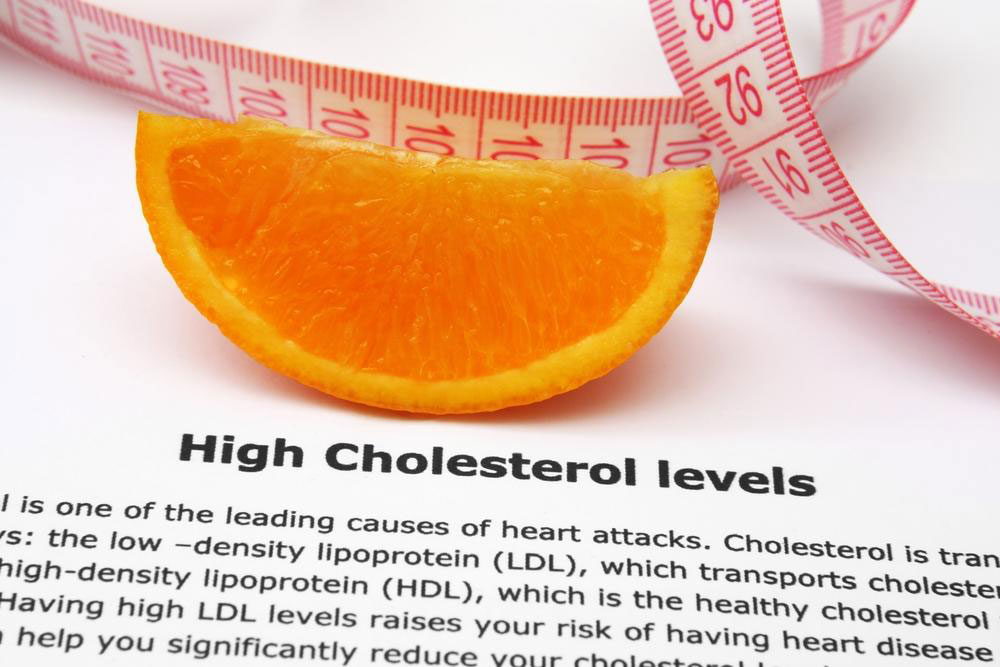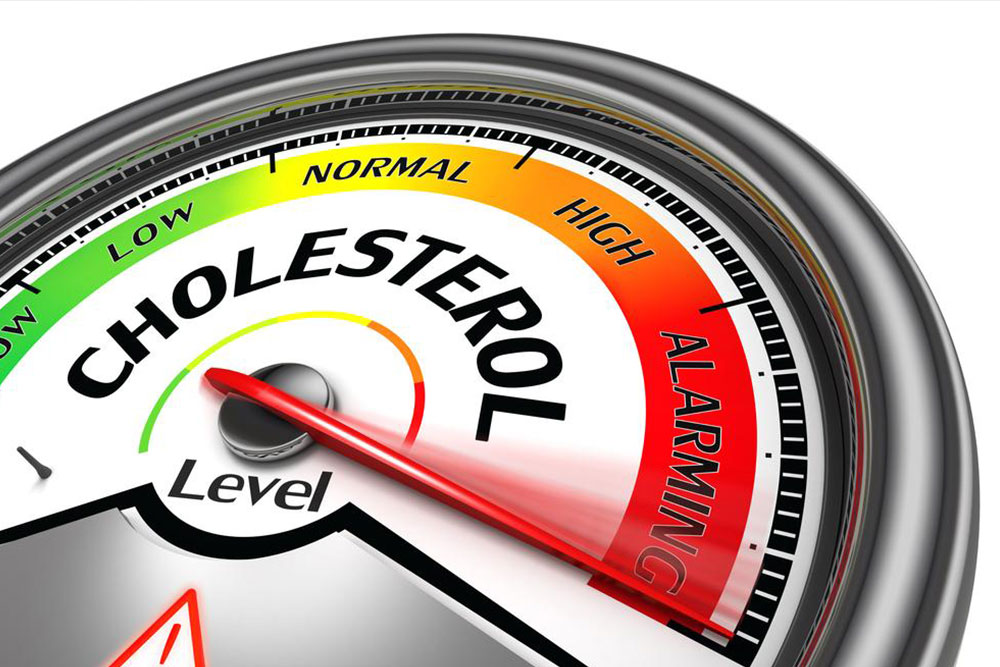Comprehensive Guide to the Top 15 Benefits of Potassium-Rich Foods for Optimal Health
Discover the top 15 benefits of foods high in potassium for maintaining good health. From boosting brain power and regulating blood sugar to supporting heart and bone health, learn how incorporating potassium-rich foods like bananas, spinach, and sweet potatoes can enhance your overall well-being. This comprehensive guide highlights the importance of potassium in vital bodily functions and offers tips for a nutritious diet to promote long-term health and vitality.

Potassium is a vital mineral that plays an essential role in maintaining overall health and well-being. It is crucial for various bodily functions, including maintaining fluid balance, regulating nerve signals, supporting muscle contractions, and ensuring proper heart function. Since our bodies cannot synthesize potassium naturally, obtaining adequate amounts through diet is imperative. Without sufficient potassium intake, individuals may experience a range of health issues such as headaches, irregular heartbeat, fluid retention, and hormonal imbalances. The general recommended daily intake for healthy adults is more than 4000 mg, but individual needs may differ depending on age, sex, activity level, and underlying health conditions. Consulting with a healthcare professional is advisable to determine personalized dietary requirements.
Including a variety of potassium-rich foods in your daily diet offers numerous health benefits. This article delves into the top 15 advantages of consuming foods high in potassium, highlighting their significance for enhancing physical and mental health. From boosting cognitive function to supporting cardiovascular health, potassium is an indispensable mineral that should not be overlooked.
1. Enhances Brain Function and Cognitive Performance
One of the standout benefits of potassium is its critical role in promoting efficient oxygen delivery to the brain. Adequate potassium levels help maintain optimal blood flow, which in turn ensures that neurons receive sufficient oxygen and nutrients needed for proper functioning. This enhances neural activity and supports better concentration, memory, and overall cognitive performance. Furthermore, potassium contributes to stabilizing nerve impulses, facilitating smooth communication between nerve cells, and thus fostering emotional stability and mental clarity.
2. Regulates Blood Sugar Levels
Potassium plays a crucial role in maintaining stable blood glucose levels. It assists in the proper functioning of insulin, the hormone responsible for regulating blood sugar. For individuals with diabetes or those at risk of developing the disease, consuming potassium-rich foods can help prevent dangerous fluctuations that cause symptoms like tremors, weakness, and fatigue. By stabilizing blood sugar, potassium contributes to enhanced energy levels and reduces the risk of complications associated with diabetic conditions.
3. Supports Muscle Contraction and Neural Communication
Muscle health relies heavily on the balance of electrolytes such as potassium. Sufficient potassium levels are necessary for proper muscle contraction and relaxation, which are essential for movement, coordination, and avoiding cramps. Moreover, potassium is integral to neural signaling, enabling the transmission of nerve impulses across the nervous system. This ensures that reflexes are swift, and signals between the brain and muscles are efficiently coordinated, contributing to overall physical performance and agility.
4. Maintains Fluid and Electrolyte Balance
Potassium works synergistically with sodium to regulate fluid balance inside and outside of cells. Proper hydration is critical for cellular function, nutrient transport, and waste removal. An adequate potassium intake helps prevent dehydration and tissue swelling, supporting healthy organ function. It also plays a role in maintaining blood volume, which influences blood pressure and cardiovascular health.
5. Promotes Cardiovascular Health and Prevents Stroke
One of the most significant benefits of potassium is its ability to promote heart health. It helps relax blood vessels, reducing blood pressure levels and lowering the risk of hypertension—a major risk factor for stroke and heart disease. High potassium intake has been associated with improved vascular function and a lower incidence of cardiovascular events. Maintaining healthy blood pressure through potassium-rich diets can significantly reduce the burden of cardiovascular disease globally.
6. Accelerates Metabolic Processes
Potassium is essential for efficient metabolism. It supports the absorption of carbohydrates and fats, ensuring that energy production occurs smoothly. Additionally, potassium facilitates amino acid transport for protein synthesis, which is vital for muscle growth, tissue repair, and overall body maintenance. By aiding these metabolic pathways, potassium helps optimize energy utilization and physical endurance.
7. Helps Regulate Blood Pressure Naturally
Maintaining healthy blood pressure levels is one of the most well-documented benefits of potassium. It counteracts the effects of sodium, which can elevate blood pressure. A diet rich in potassium-rich foods like bananas, spinach, and sweet potatoes can support natural blood pressure regulation, reducing the need for pharmaceutical interventions and promoting long-term cardiovascular health.
8. Strengthens Bones and Prevents Osteoporosis
Emerging research suggests that potassium contributes to bone health by increasing mineral density. It helps neutralize metabolic acids that can erode bone minerals over time. Consuming potassium-rich foods can thus support the maintenance of strong bones, reducing the risk of osteoporosis and fractures as individuals age.
9. Improves Kidney Function
Potassium aids in waste elimination through its role in kidney function. Proper potassium levels promote the excretion of excess fluids and toxins, helping to prevent kidney stones and other renal issues. Additionally, a potassium-balanced diet supports overall urinary tract health and reduces the risk of hypertension-related kidney damage.
10. Promotes Digestive Health and Prevents Constipation
Healthy digestion relies on balanced electrolyte levels. Potassium supports bowel movements by stimulating peristalsis—the wave-like muscle contractions that move food through the digestive tract. Consuming potassium-rich foods like sweet potatoes and tomatoes can help prevent constipation and promote regularity.
11. Alleviates Headaches and Migraines
Low potassium levels have been associated with frequent headaches and migraines. By ensuring adequate intake, individuals may experience a reduction in headache frequency and intensity. Potassium helps relax blood vessels and reduce inflammation, alleviating some of the pain linked to migraines.
12. Supports Muscle Growth and Physical Stamina
Potassium's involvement in muscle contraction makes it integral to building muscle strength and endurance. Athletes and physically active individuals benefit from potassium-rich diets as they help enhance performance, reduce cramping, and accelerate recovery after exertion.
13. Enhances Mental Sharpness and Stress Resilience
Potassium contributes to brain health by supporting nerve signal transmission and reducing neural stress. This can result in improved mental clarity and focus. Additionally, adequate potassium intake has been linked to reduced anxiety and better stress management, fostering emotional resilience.
14. Promotes Nerve Signal Transmission
Sodium and potassium ions work together to generate nerve impulses. Proper balance ensures swift and accurate transmission of signals across nerves, which is essential for sensory perception, reflexes, and motor function. This balance is especially important for maintaining neurological health as we age.
15. Supports Weight Management and Overall Well-Being
Including potassium-rich foods such as bananas, avocados, spinach, and sweet potatoes in your diet can aid in weight management. These foods are often low in calories but high in essential nutrients, helping to reduce cravings and support metabolic health. Furthermore, combining these foods with yogurt and other nutrient-dense options can improve satiety, reduce cellulite, and promote an overall healthier body composition.
Healthy Food Choices to Boost Your Potassium Intake
Fruits: Bananas, dried apricots, peaches, figs, and tomatoes
Vegetables: Spinach, sweet potatoes, avocados, and squash
Dairy: Yogurt and milk
Others: Nuts, seeds, and legumes
Incorporating these foods into your daily diet is a simple yet powerful way to harness the health benefits of potassium. Whether you're aiming to improve cardiovascular health, boost brain function, or maintain metabolic balance, ensuring sufficient potassium intake is fundamental. Remember that a balanced diet, rich in diverse nutrients, will maximize health outcomes and support your long-term wellness journey.





